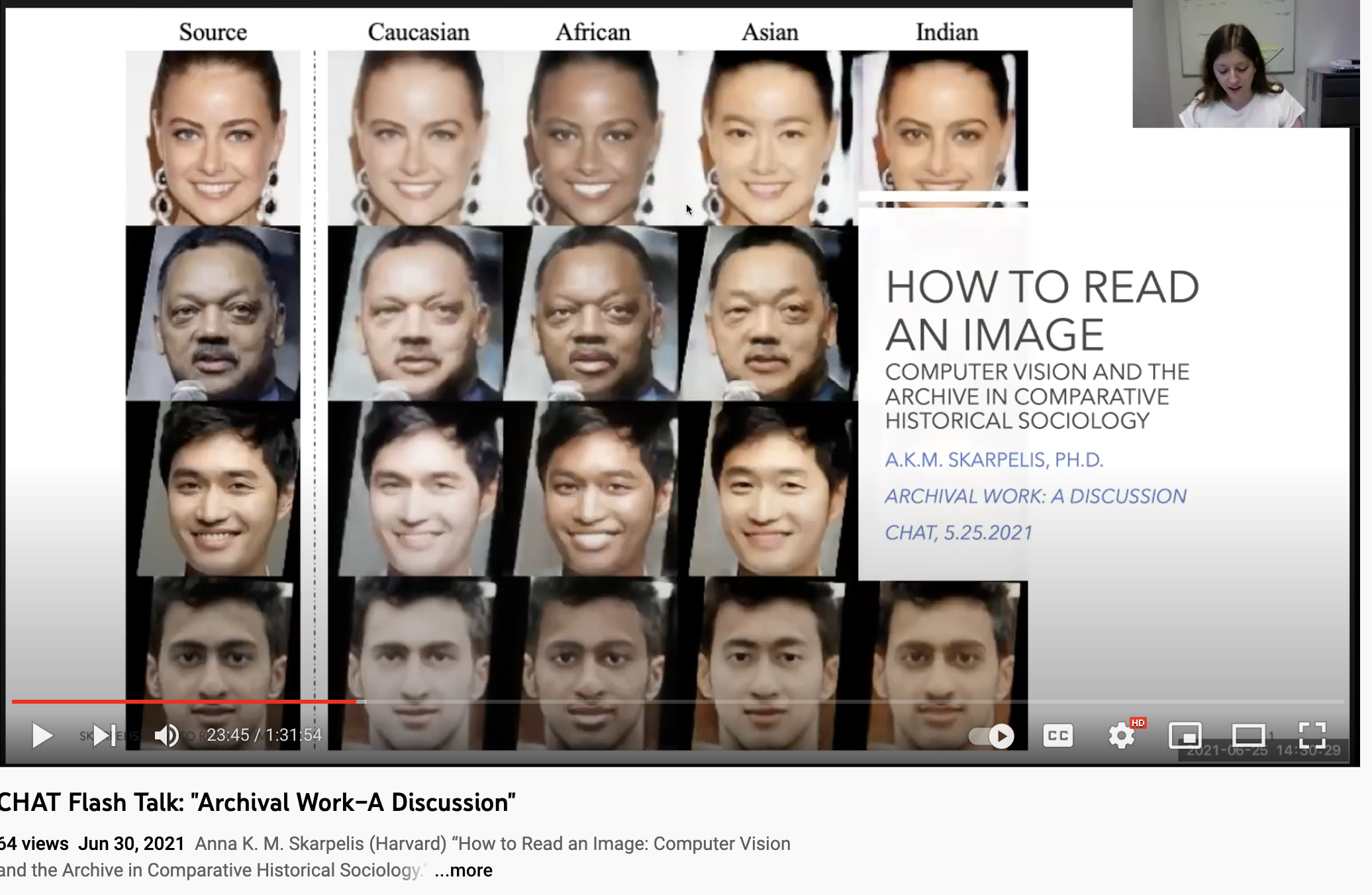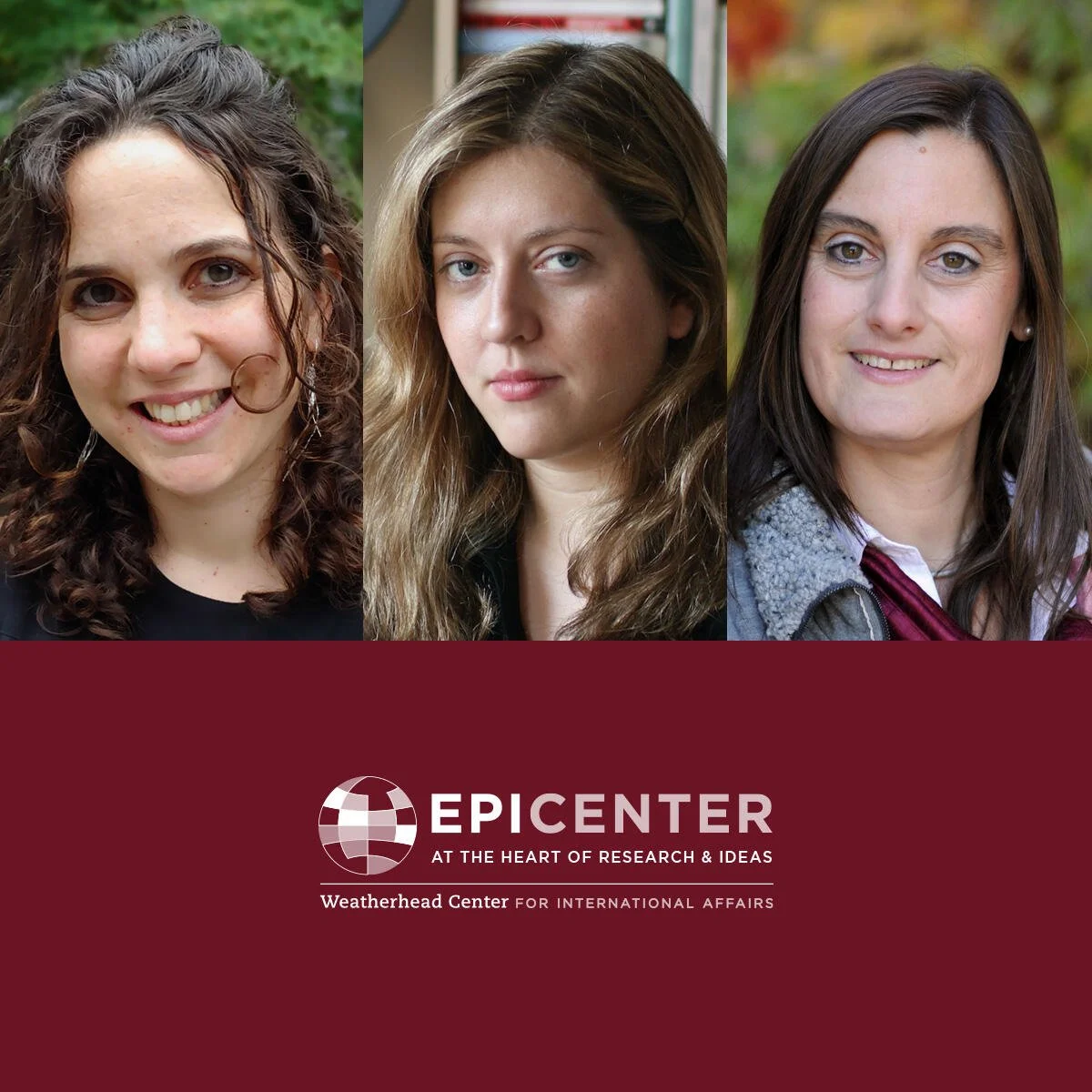Scholarly community and mentorship are important to me. In 2021, I was elected to the American Sociological Association’s Comparative Historical Sociology council. One of our main goals is to make CHS less parochial in research and publishing. If this sounds interesting to you, please contact me.
If you are a comparative historical sociologist, especially someone who does not study the West, please check out the Comparative Historical Analysis and Theory network (CHAT). CHAT organizes flash talks and, new this year, professionalization workshops. You can watch our latest session, on being and becoming a historical sociologist, below.
Layered Memory & Historical Methods
A conversation with Professor Angel Parham, Ph.D..
CHAT Flash Talk # 4
On Being and Becoming a Historical Sociologist
Gary Lee and myself in conversation with Maryam Alemzadeh, Tony Chen, Lis Clemens, Marisela Martinez-Cola, Chris Muller, and Angel Adams Parham.
Archival Work: A Discussion
Three Papers: Anna K. M. Skarpelis (Harvard) “How to Read an Image: Computer Vision and the Archive in Comparative Historical Sociology.” Sunmin Kim (Dartmouth) “Reading the World in a Teacup: Thoughts from Single-case Studies” Nicholas Hoover Wilson (Stony Brook) “The Archive as a Structure of Scholarly Coherence: Epistemic Instability and Interdisciplinary Crisis”
CHAT Flash Talk # 1
Podcast: The Blurry Lines of Belonging
We think of citizenship as a binary category: you’re either a citizen or you’re not. But the levels of membership can be complex. Refugees and asylum seekers often find that the criteria for acceptance change, as states devise rationales to exclude them. Three Weatherhead Center sociologists reveal the motivations behind various immigration policies, from the colonial past to the present, and discuss the ethics and impact of open borders. Elke Winter, Talia Shiff and Anna Skarpelis.


